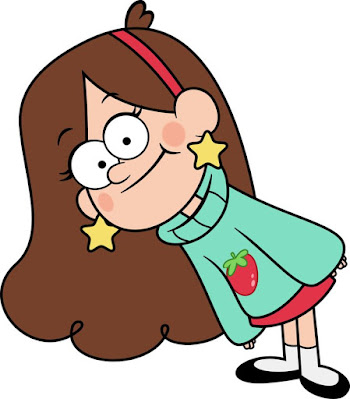Modals Hi welcome to modals page: Modals are special verbs which behave irregularly in English. They are different from normal verbs like "work, play, visit..." They give additional information about the function of the main verb that follows it. They have a great variety of communicative functions . Here are some characteristics of modal verbs: They never change their form. You can't add "s", "ed", "ing"... They are always followed by an infinitive without "to" (e.i. the bare infinitive.) They are used to indicate modality allow speakers to express certainty, possibility, willingness, obligation, necessity, ability List of modal verbs Here is a list of modal verbs: can, could, may, might, will, would, shall, should, must The verbs or expressions dare , ought to , had better , and need not behave like modal auxiliaries to a large extent and my be added to the above list Use of modal verbs: Modal verbs are used to expre...







